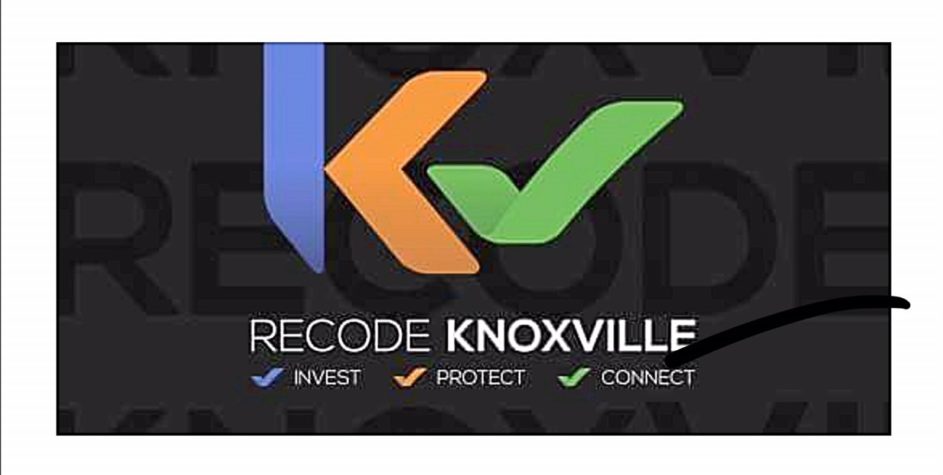In a previous Recode Knoxville article we confronted the overarching question: Where Are We Going? The focus was on the future vision of our city which the new “recode” purports to implement. Let’s turn now to some of the details to ponder in that 200-page tome. Comments are due on Sept. 13.
Have we abandoned or materially-altered single family residential zones? That is a somewhat complicated question – as the recode recognizes traditional EN and RN1 and RN2 single-family housing zones – but the devil can be lost or erased in the details. We will need to consider how higher density goals and reduced approval standards can play into this question.
Accessory Dwelling Units. First, the new code will allow every residential property in the city to add an Accessory Dwelling Unit (ADU) on the same lot as the main residence. Thus, you can rent out a garage apartment or a free-standing building added to the back yard. The owner need not live in the main house or accessory unit. So, in the future “single family” can effectively mean double family, without allowing duplexes in those zones.
Recall that the city administration has expressed the need for more affordable housing. A worthy concern. But how to get there? Are we quietly doubling the density by adding ADUs? Will we indirectly add more vehicles to local roads? Will it affect existing schools? Will a neighbor, or a non-resident investor/owner, effectively end quiet living on your block?
Population figures. The city and MPC presentations talk about adding 170,000 people by 2040. Really? The current population of the city is roughly 187,000. We have only added about 13,000 residents in the 17 years since 2000. (The 2000 census for the city shows 173,890; the 2010 census 178,322; and the 2017 official estimate was 187,347). Hardly meteoric growth.
Turns out the 170k growth number came from an inflated figure for the entire county (not city) out of the 2010 Plan ET document. That number is not substantiated by the 2010 official census of county population (432,266) or the 2017 estimate (461,860). The UT Center for Business & Economics projects the 2040 county population in the 543k range – an increase of roughly 79,000 people, not 170,000. And Recode affects only the city.
Planned Zones dropped. Reading ahead you find that we have eliminated the category of “planned zones.” This approach often allows greater density if some compensating communal feature is added. The planned zone concept now becomes an internal “process” – you negotiate with the MPC staff, somewhat removed from the public eye and neighborhood input. Sure, they are the professionals. But they are affecting your neighborhood. Shouldn’t citizens be involved?
Other features to fret about? Many.
- Compare the detailed standards we presently have for Home Daycare with the sparse lines now included on page 9-4 of recode. How do we regulate this?
- Ask why we have omitted the definition of Dog Kennels in the new code? Under Knoxville’s separate Animal Code, you needed a permit for more than 4 dogs older than 6-month old pups (i.e., a “kennel”), but now there is a gap, without zoning regulation of kennels.
- Worse yet, look at the Proposed Abandonment of Standards for Rezoning – it is no longer required to comply with the one-year plan or the general plan. Gone is the use of the mandatory “shall comply” language. Rezoning becomes “legislative discretionary” with council told to “consider” those longer-range plans, but it is not bound by them (P15-2). Lawyers call that “precatory language.” Hopes and wishes. You can kiss any appeal goodbye if your neighborhood is harpooned by the new process – judges enforce requirements, not desires.
An MPC-sponsored public meeting is set for 6 p.m. Thursday, Aug. 30, at the Church of the Good Shepherd, Jacksboro Pike in Fountain City. It should be a lively discussion.
To be continued…

